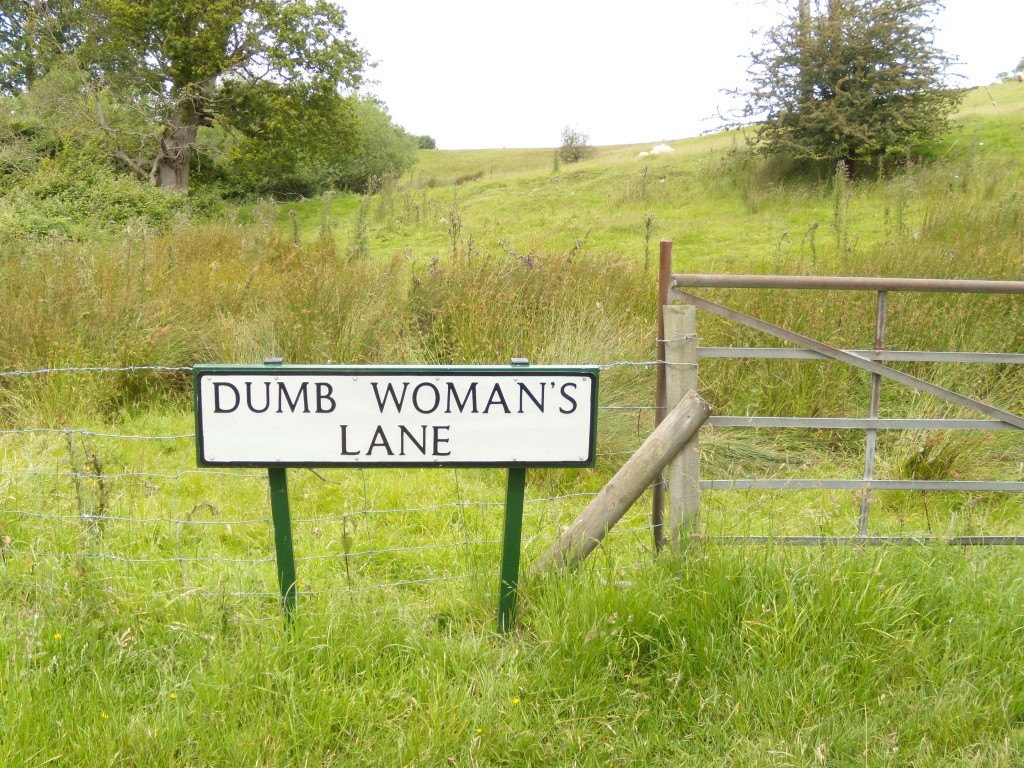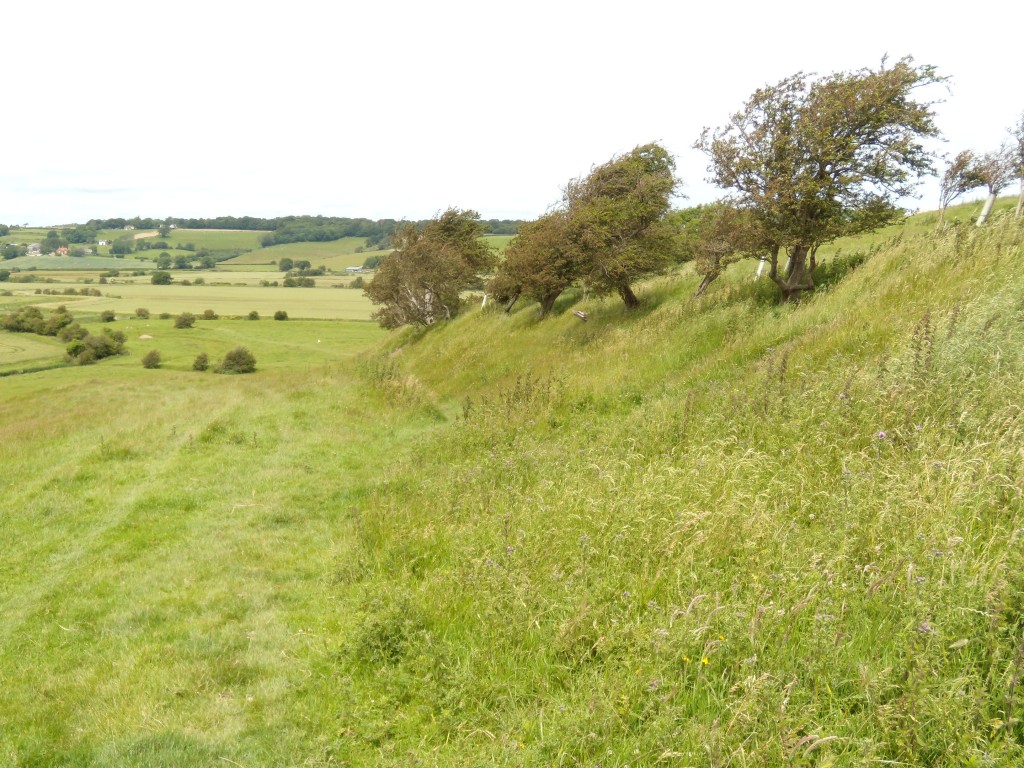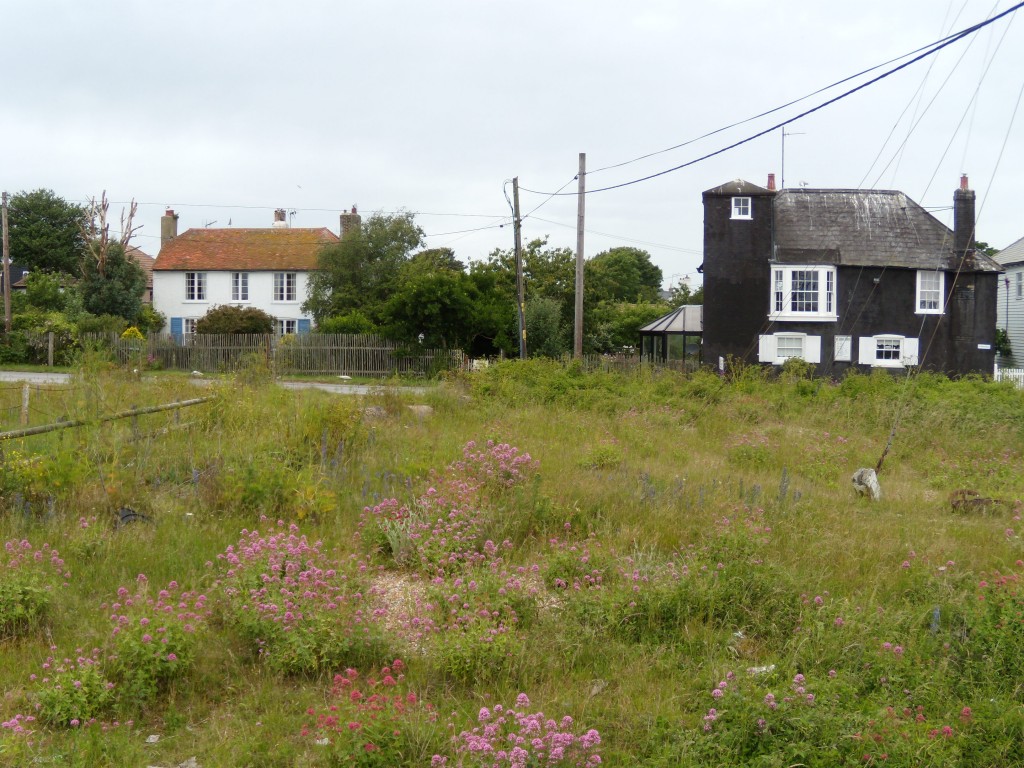So she parked on a street adjacent to The Lookout (by the Old Strand Gate) where there was a famously stunning view over the marshes below (the Royal Military Canal, the long road into Rye, the remains of Camber Castle, Winchelsea Beach, Dungeness – the power station and the lighthouse, both twinkling vaguely in the Channel – even France, on a good day), and led him by the hand (although he insisted on leaving the boy behind – ‘as a precaution’) to take in the vista.
The wind was biting and it was threatening to rain again. Dory gazed down, in silence, for several minutes, yet no matter how hard he tried (and he was trying – the powerful wave of his reason crashing, indomitably, against the sheer cliff of his instinct), he seemed incapable of feeling any kind of rapport with the landscape.
‘But where’s the great forest, Elen?’ he finally murmured.
(Nicola Barker, Darkmans p439)
The extraordinary thing is that when I first read Nicola Barker’s magisterial novel Darkmans in 2007 I had not yet encountered this landscape, nor seen any of the places named in the paragraphs above. Now that I am getting to know them, to assimilate them as imagery as well as fact, I find that Barker’s novel – which I loved and admired from the first – resonates with me all the more deeply.
Darkmans is a piece of work. In an interview she gave around the time of its publication, Nicola Barker talked about how she went into a kind of suspended animation during the final months of writing it, cutting off the internet, wearing ear muffs to block out all exterior noise. I found myself understanding and applauding. Real writing takes everything, precludes all other mental activity, all outside stimuli.
It means forfeiting the quotidian world – at least for a while.
I’ve been thinking a lot about Darkmans today, about how much I admire it – those unruly, renegade sentences, that don’t-give-a-stuff disregard for competent orderliness (and ordinariness) that conceals such stern craftsmanship, most of all that vertiginous, daredevil way of commandeering the fantastic – and how much it still continues to inspire me.
The scope of its ambition – and it’s an ambition realised – is enough to prevent any writer from sleeping at night.
It’s one of those books I like to keep close by, like a lucky charm.
This road sign, whose history I haven’t investigated yet, can be seen just before the turnoff path to Winchelsea station.
I can’t help but feel there has to be a story here somewhere.
Climbing towards Winchelsea Beacon.
Tram Road, Rye Harbour.


